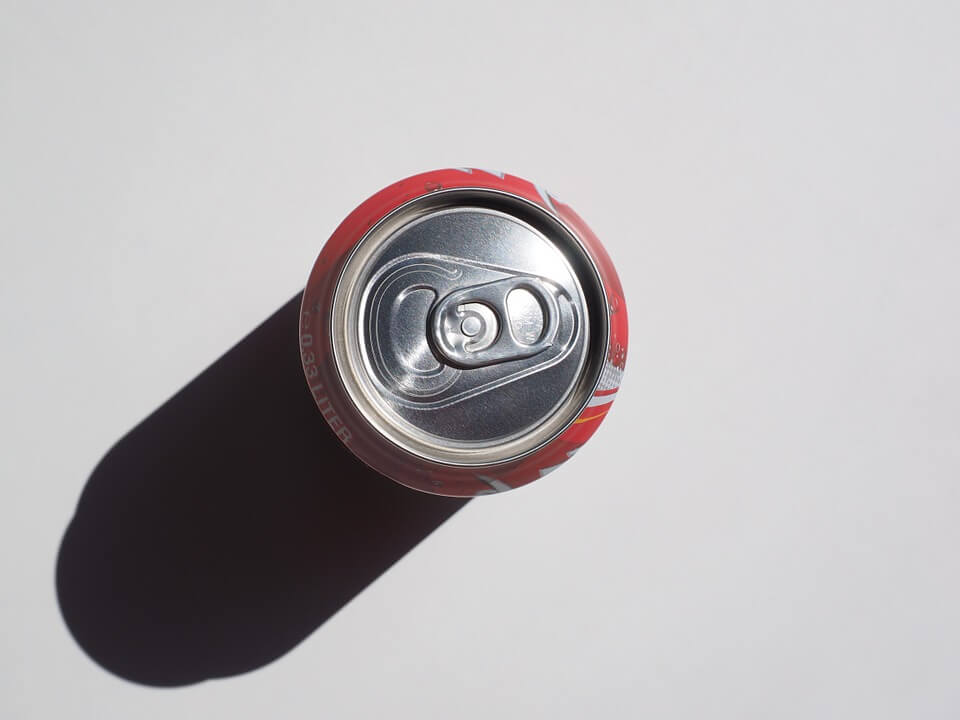
Coca-Cola’s Contribution to the Russian Economy Assessed at HSE University
Coca-Cola has invested over $6 billion in the Russian economy according to data published in a new study by the HSE Laboratory for Studies in Economic Sociology (LSES).
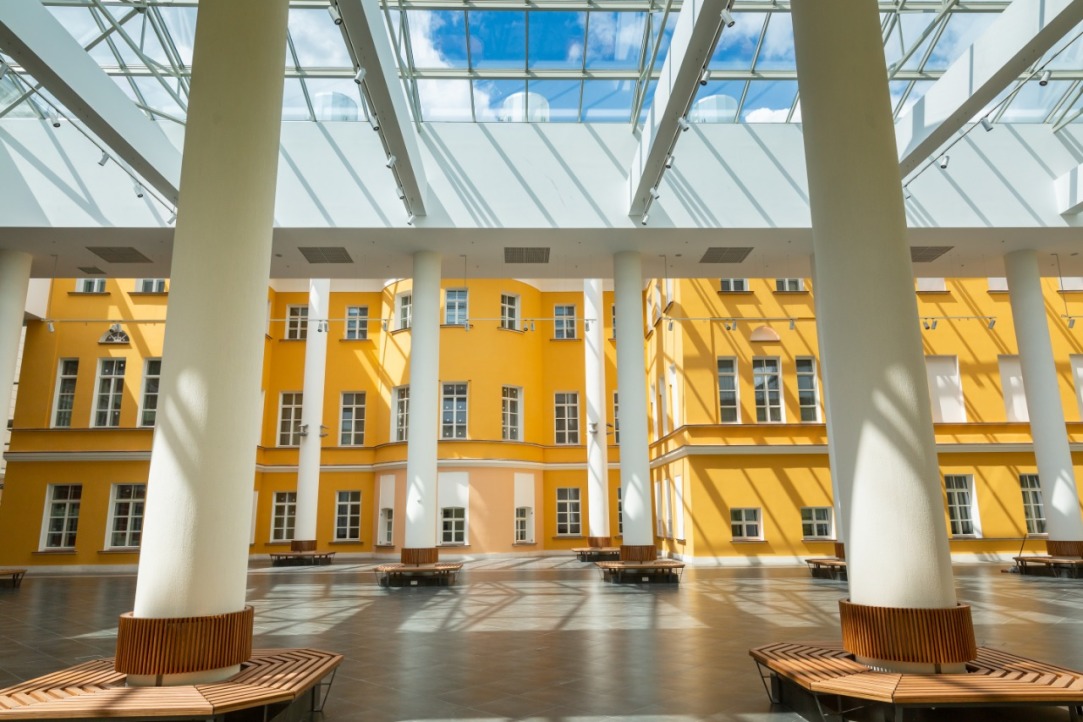
Registration Now Open for XXI April International Academic Conference
On April 6-10, 2020, HSE University will hold XXI April International Academic Conference on Economic and Social Development. The Conference programme will include presentations by Russian and international academics, roundtables and plenary sessions with participation of members of the Government of the Russian Federation, government officials, business representatives, and leading Russian and foreign experts. Members of the international academic and expert community are invited to register for the conference.
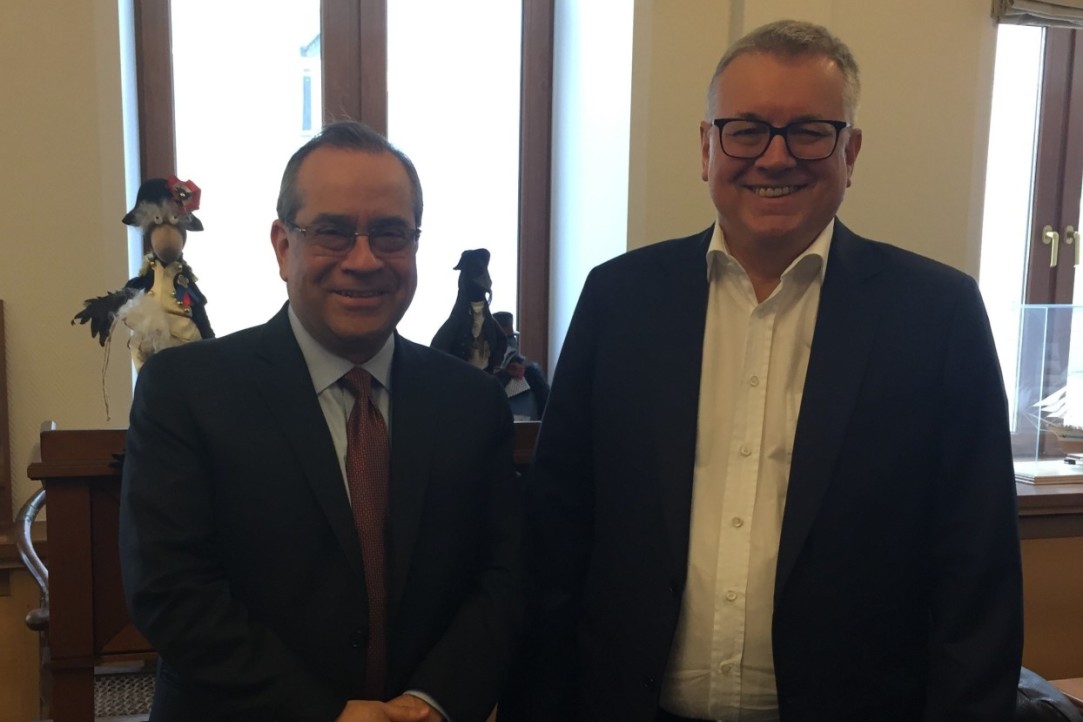
HSE University and World Bank Discuss Joint Human Capital Development Projects
On August 22, HSE University leadership met with Jaime Saavedra, Head of the World Bank's Education Global Practice.
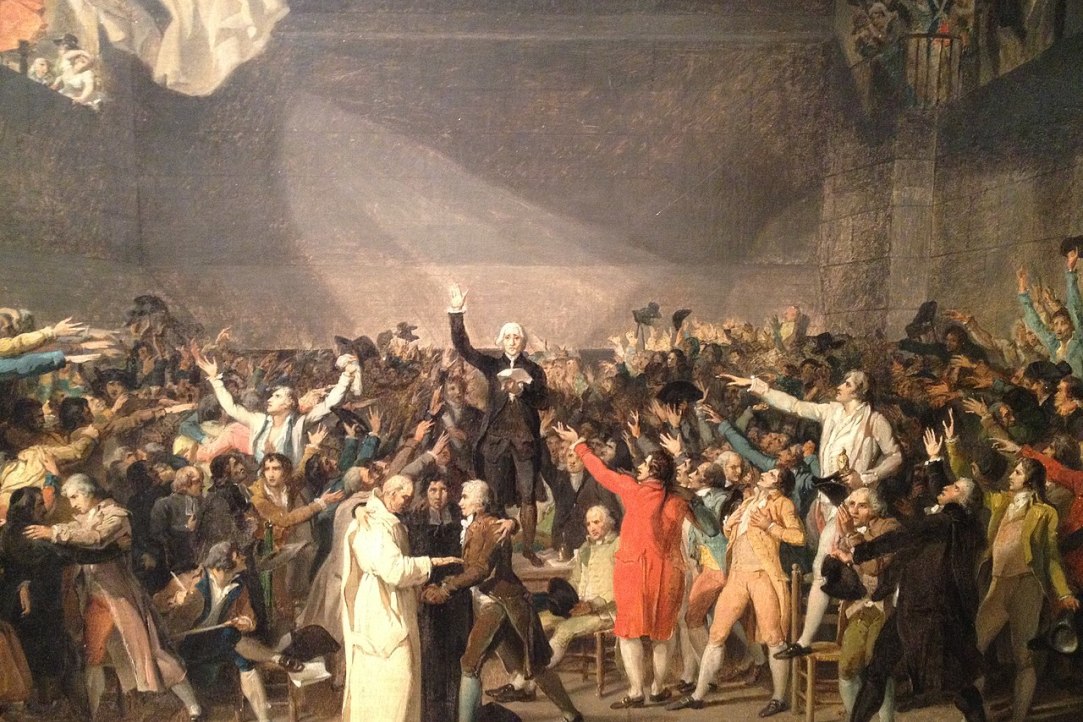
Democracy Isn’t for Everyone: Russians Adopt Western Values but See Them in Their Own Way
Europe wants to live in a democracy. This is especially true for residents of countries of Northern Europe, but less so for those of former socialist countries, especially Russia. While almost everyone has a positive attitude towards democracy, people have different understandings of it. Alla Salmina studied the relationship between attitudes and understandings of it using the data of 28 countries that participated in the European Social Survey (ESS).

HSE Researchers Receive Grants in Russian Science Foundation Competitions
The Russian Science Foundation announced the results of its 2019 competitions for support from the Presidential Research Project Programme. One competition was for grants in support of research initiatives by early career researchers, and another was in support of research conducted by research groups headed by early career scholars.
.jpg)
Art for Auction: The Shape of the Russian Art Market
Currently, the Russian art market is made up of more than 20 auction houses, about 100 major galleries, 9 big private collectors, and over 20 thousand professional artists. Though it shows a lot of promise, it still has yet to come into its own. Researchers of the HSE Centre of Development Institute studied the contemporary mechanisms in place for trading paintings, graphic art, photography and sculpture in Russia, and they published their findings in a paper, ‘The Russian Art Market: 2018’.
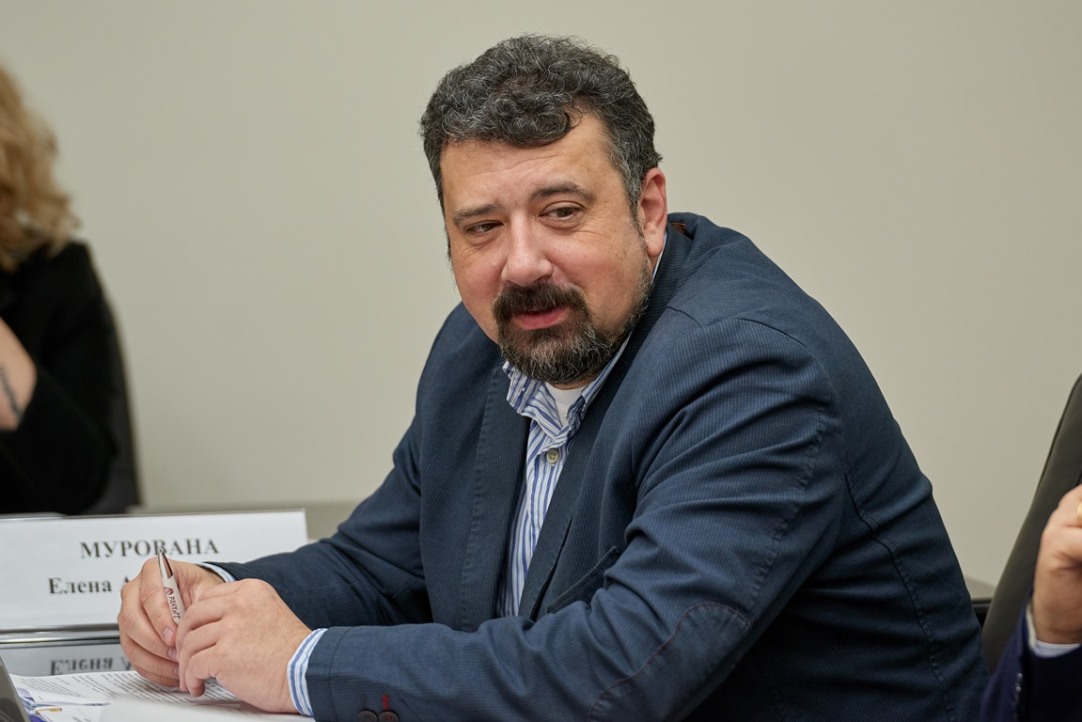
Alexander Milkus, Laboratory Head at HSE, to Chair a Public Council at the Ministry of Education
A public council for the independent evaluation of the quality of education conditions has been created at the Ministry of Education of the Russian Federation. Alexander Milkus, Head of the HSE Laboratory for Educational and Youth Journalism, has been unanimously elected as its chair.
Living and Dead: the Soviet Experiment Seen Through the Lens of Funeral Culture
Inscriptions, symbols and shapes of tombstones and cemetery layouts carry important messages about society, its values and hierarchies. Research by HSE scholar Svetlana Malysheva reveals some of the things Soviet cemeteries can tell us about the USSR and its people.
Studying Grief in the Phenomenology of Darkness: An International Artistic Research Project
Sound artist Robert Elias Stokowy of Berlin and Yulia Chernenko,lecturer at the HSE Faculty of Communications, Media, and Design, have initiated a joint German-Russian artistic research project entitled, ‘Phenomenology of Darkness’.
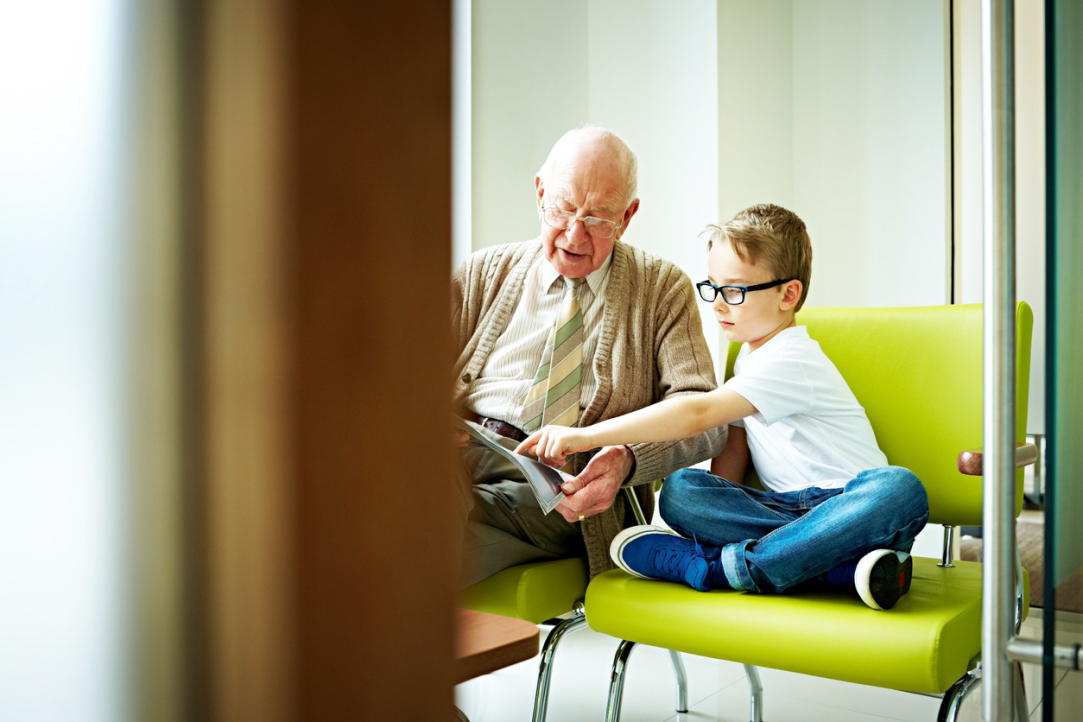
Researchers Investigate Why Older People Read More Slowly
One of the most obvious changes that comes with ageing is that people start doing things more slowly. Numerous studies have shown that ageing also affects language processing. Even neurologically healthy people speak, retrieve words and read more slowly as they get older. But is this slowdown inevitable? Researchers from the Higher School of Economics have been working to answer this question in their article ‘No evidence for strategic nature of age-related slowing in sentence processing’.


Application deadline: June 23, 2025